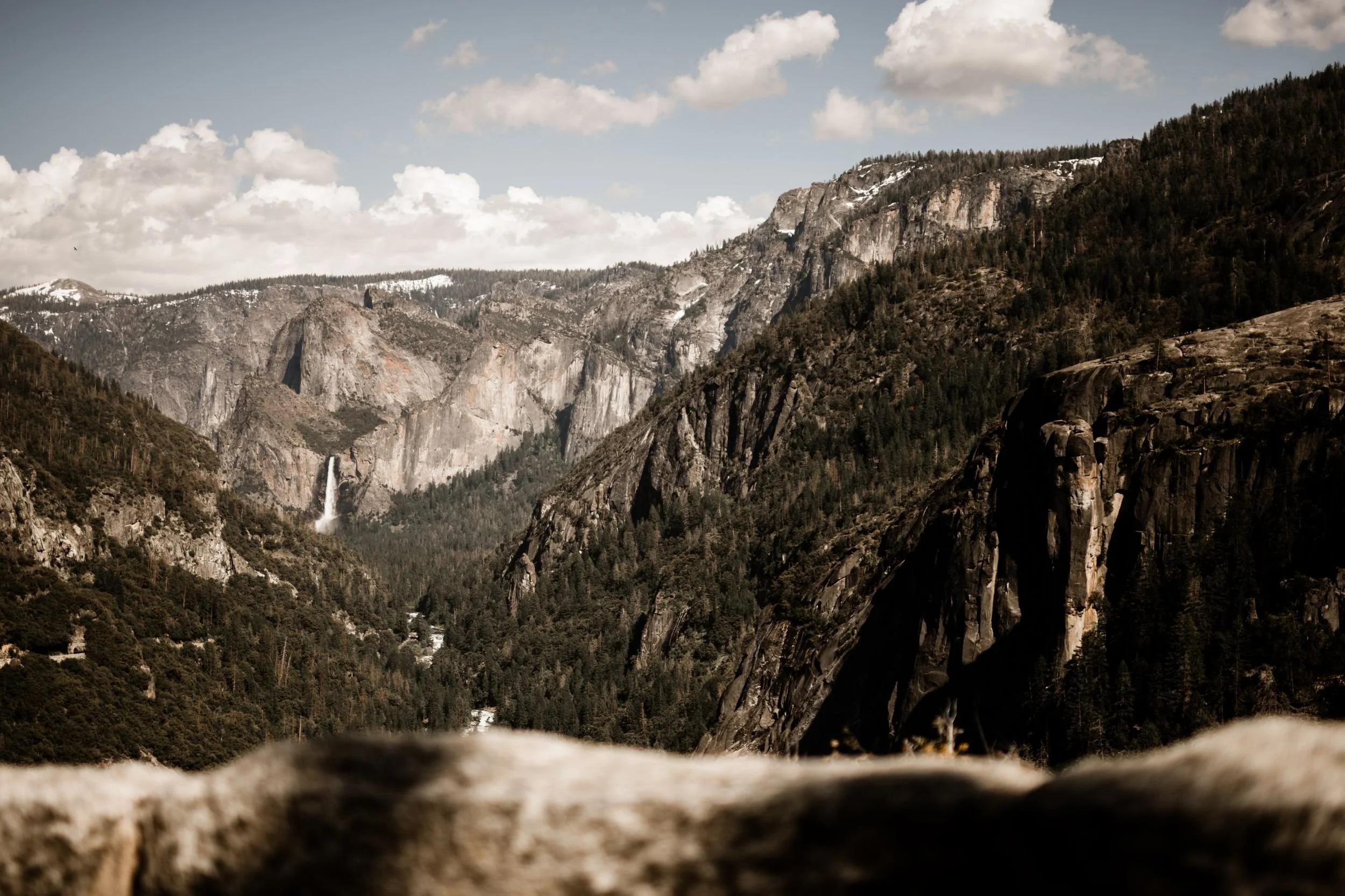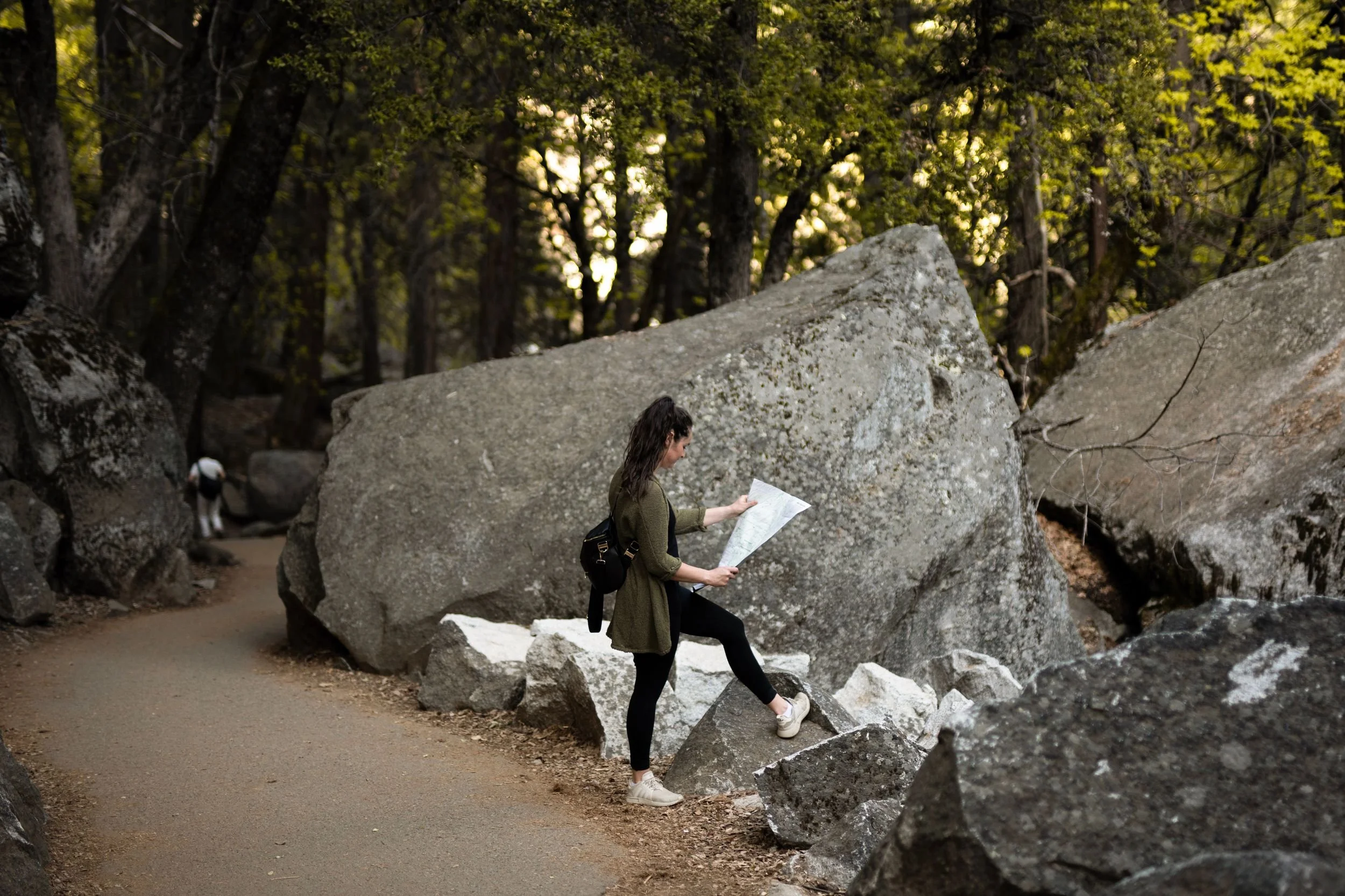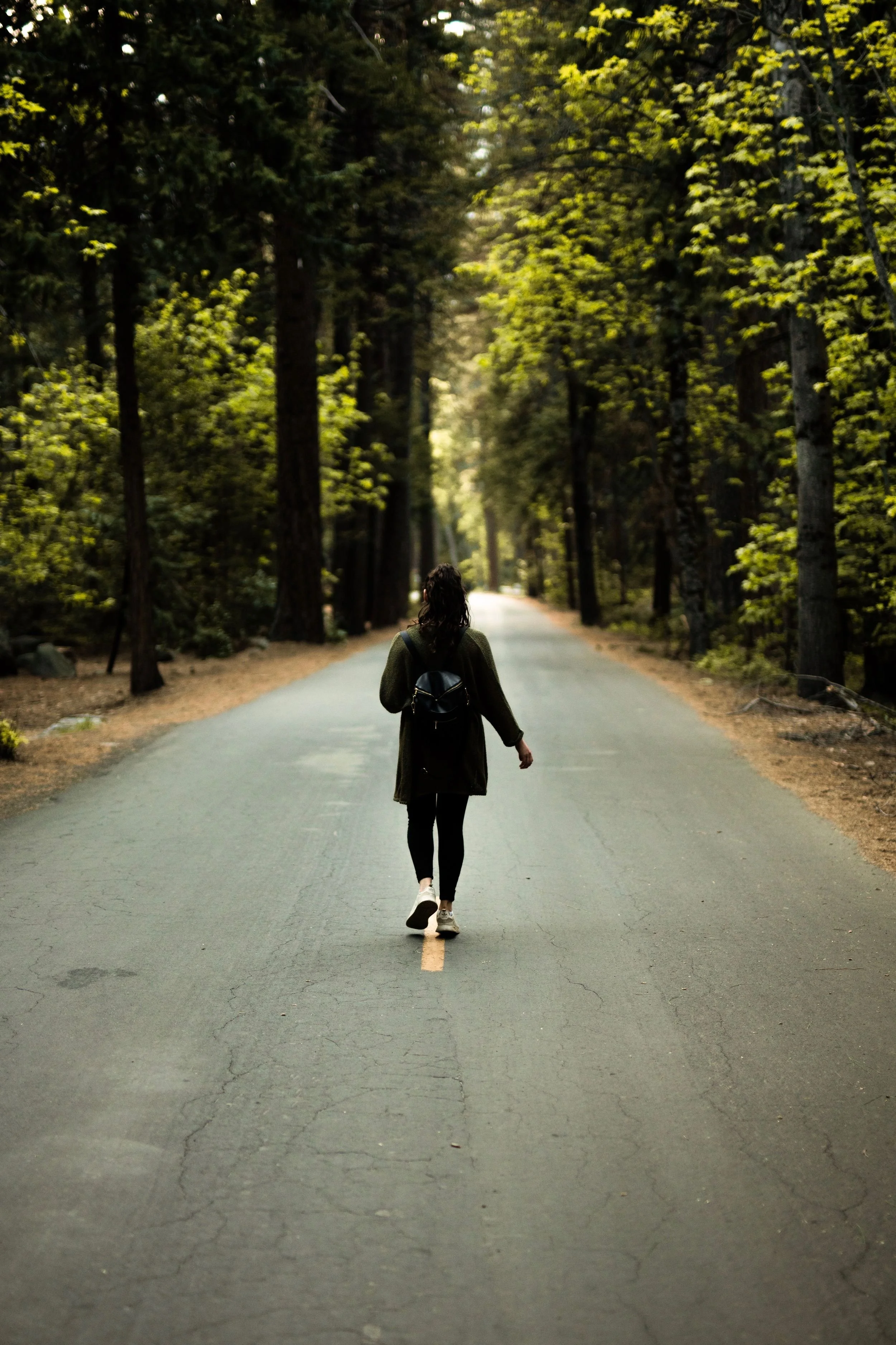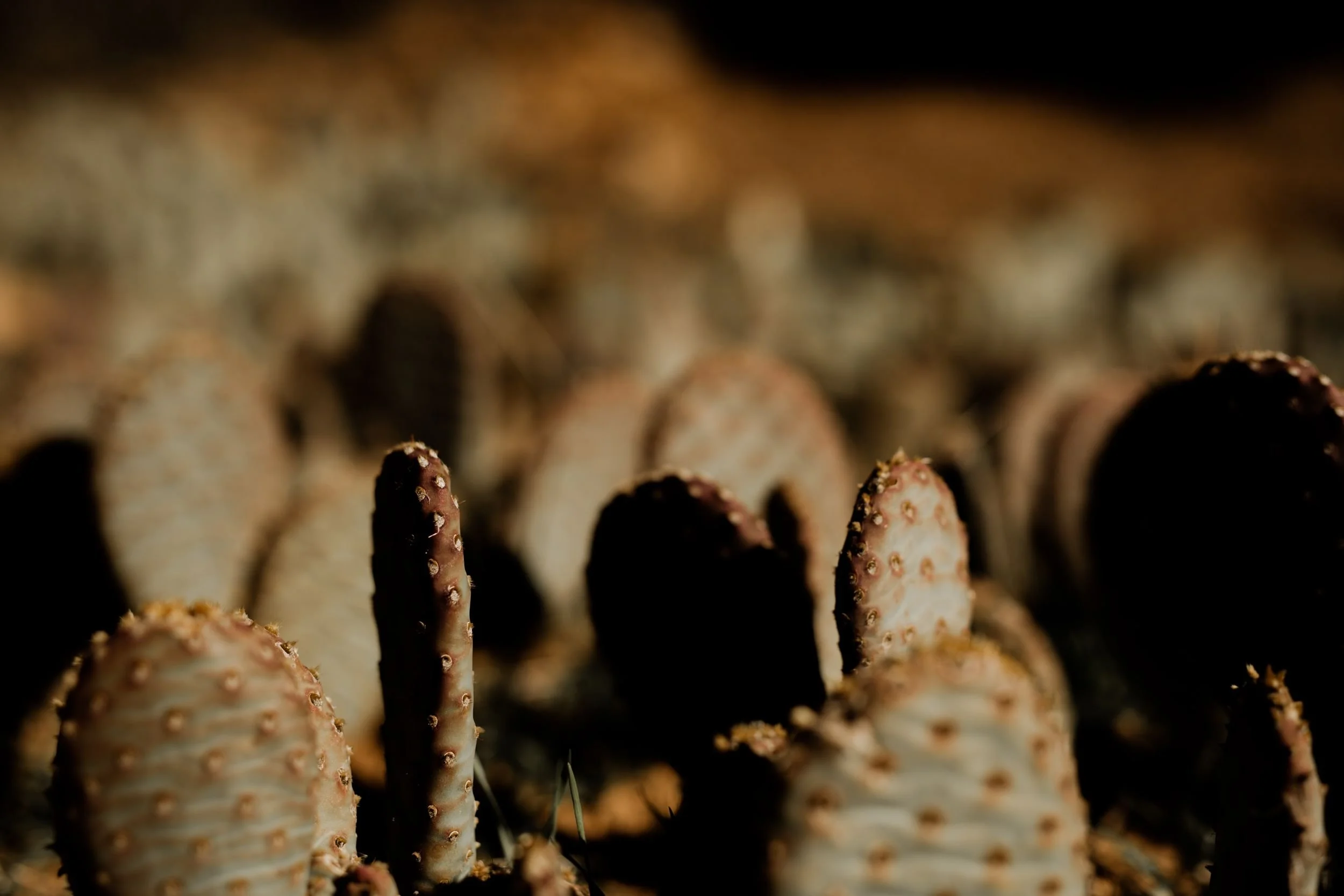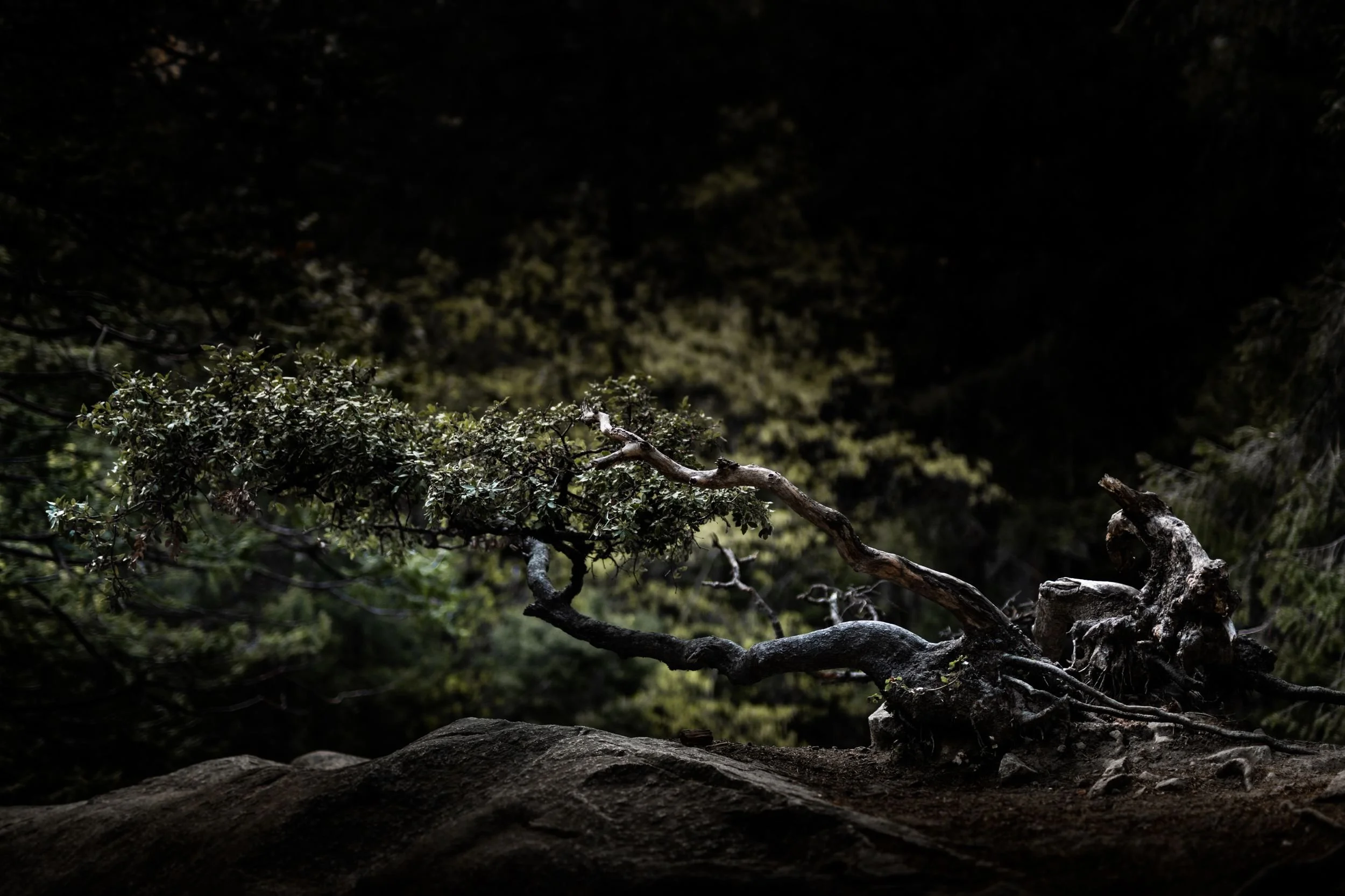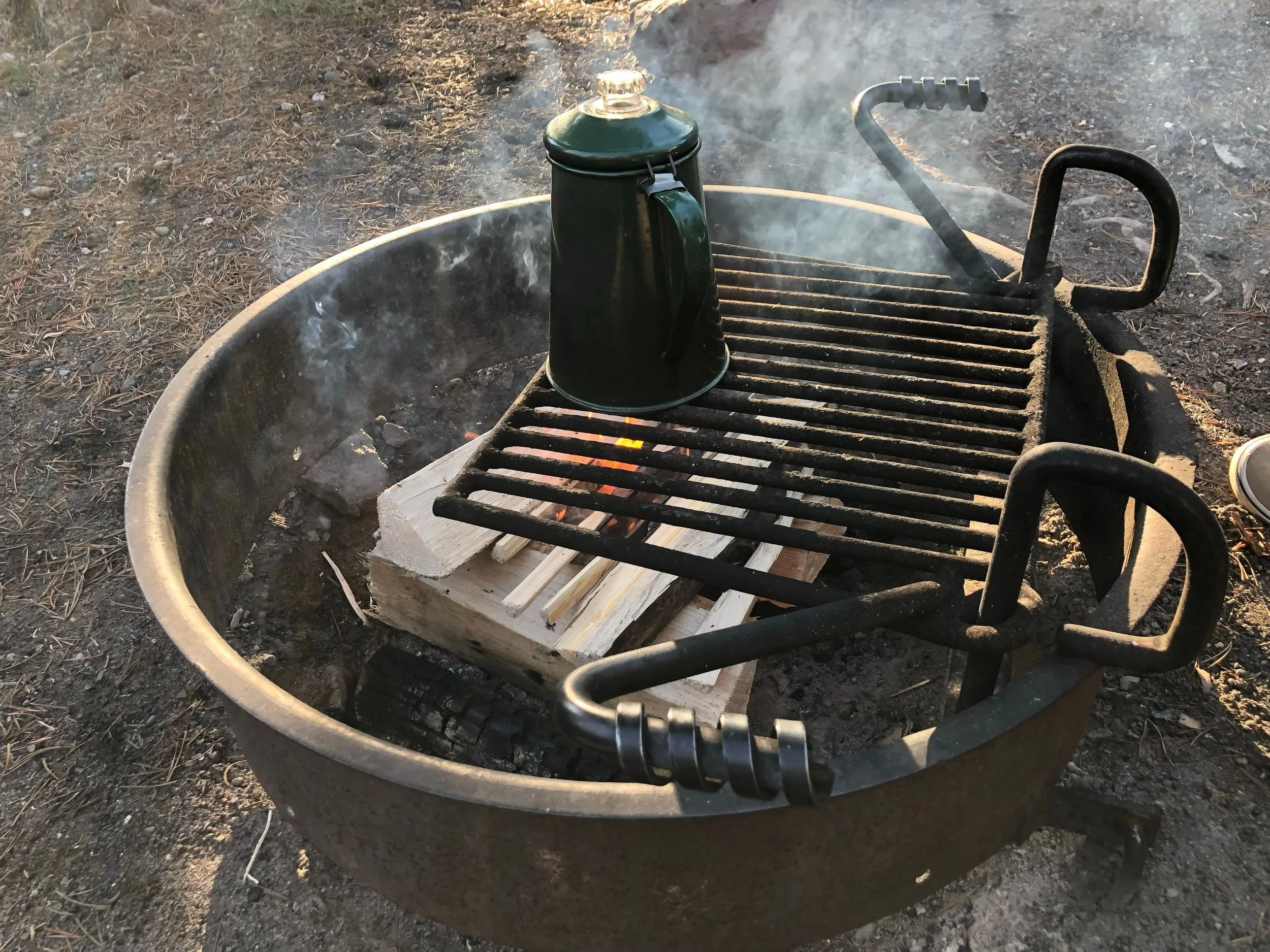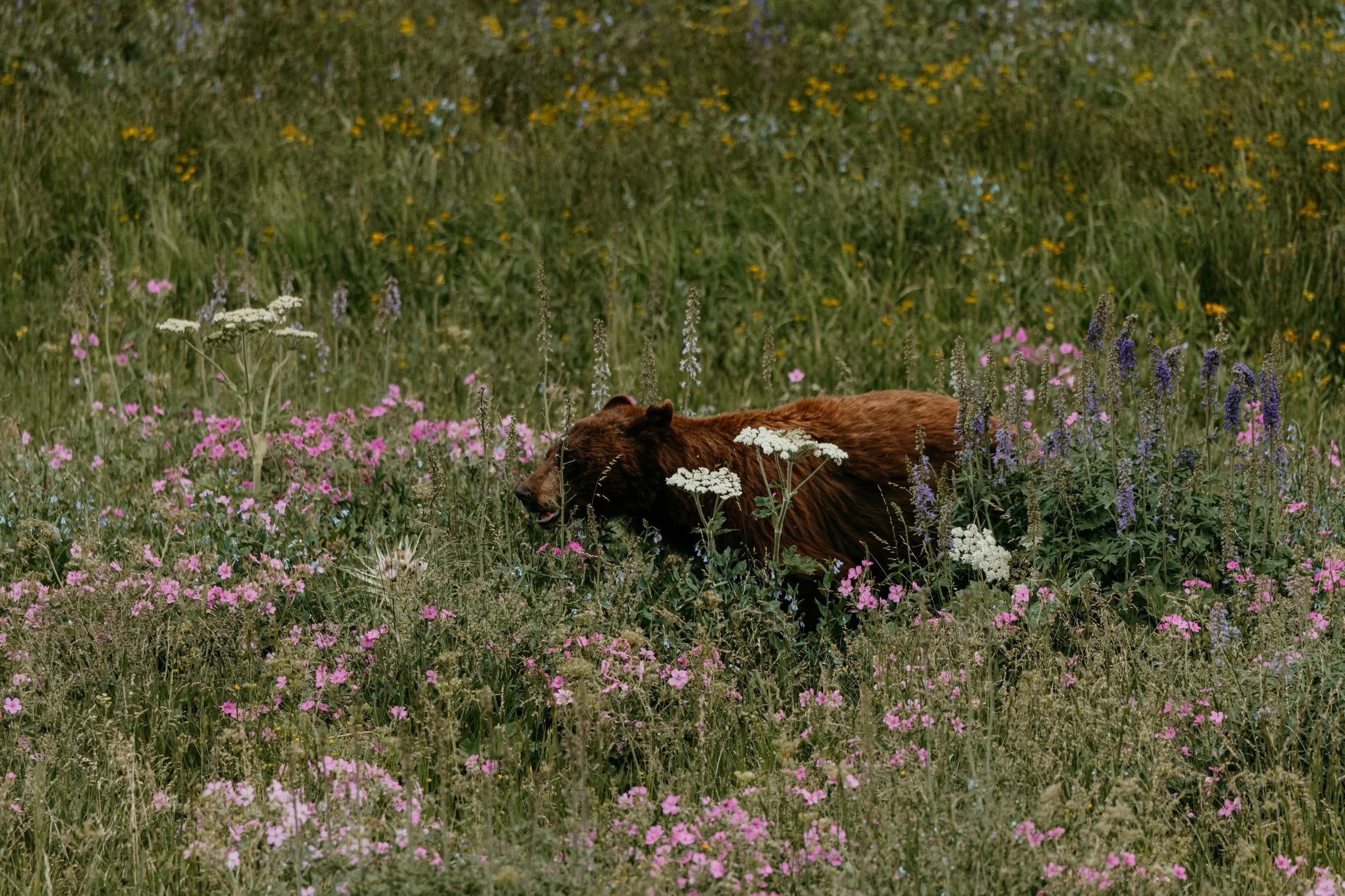Leave No Trace
NATIONAL PARKS + LEAVING NO TRACE
My husband and I are true national park enthusiasts. Living in Utah for 6 years, we were just a road trip away from many of the most incredible national parks the U.S. has to offer! We made several trips each Yellowstone a year, as well as trips to the Grand Tetons, Moab, Zion, and Yosemite just in 2019 alone. Road tripping was kinda our thing... After work on Friday's we quickly packed our camping gear and photog equipment, filled the Yeti with ice, food + drink for the weekend, and hit the road.
Here's a list of my go-to photography equipment:
This is important, not only because you want to get THE BEST SHOT, but also so that you stay out of danger to get it.
BODY: Nikon Z8 + Nikon D850
ZOOM: Specifically to photograph wild animals, I shoot with a Nikon Nikkor 80-400mm 4.5-5.6 VR lens
WIDE: Nikon Nikkor 24-70mm 2.8 lens
I bring 3 fully charged batteries with a cyber power car charger just incase!
Memory Cards - 240GB, 440mb/s XQD, and ALL of my SD cards are 150mb/s or faster. I try to get 170 mb/s. I usually bring 4-5 64GB on every trip.
TRIPOD!!! Tripod! Tripod! Tripod! Don't forget your tripod for those long exposure shots!!!
Storm Jacket Cover - rain storms may be my favorite weather to shoot in!
Check out my travel + nature Instagram for landscape photos and travel updates - @victoriaandreozzi
Since we were traveling through national parks so often, we worked hard to protect the environment and leave as little of an impact as possible. We did this by following the 7 principles of Leave No Trace (Visit Leave No Trace for all their tips on staying safe and keeping our environment preserved and protected.) We also NEVER enter a national park if there is a government shut down, or if the park is closed!! PLEASE advocate for people to STAY OUT OF NATIONAL PARKS when they are not open. The garbages, bathrooms and trails are not maintained during this time, so traveling there can be unsafe as well as very harmful to the wildlife and vegetation.
THE 7 PRINCIPLES OF LEAVE NO TRACE:
1.) Plan ahead & prepare
Bring garbage bags to carry your crap out!
Check the weather + reserve your camping spots early!
Call or visit the national park website before entering so you are aware of any alerts or dangers in the area.
Planning on hiking? Make sure everyone who joins is hydrated and skilled enough to face the terrain.
2.) Travel + camp on durable surfaces
Travel on already made trails in order to minimize your impact on the environment. Encourage travelers to stay within the width of the trail and not cut through, especially on switch backs.
When traveling off-trail, only walk on durable surfaces such as rock, sand and gravel. Stay off of all vegetation. In some areas, rocks and sand have organisms growing on them (such a crypto and lichens), so be sure to check for this form of vegetation before continuing.
3.) Dispose of waste properly
In the most simple of words - LEAVE NO TRACE. Carry out what you bring in. This includes food scraps, flowers, everything that does not naturally grow in the area can cause harm to the environment. Take it with you.
Need to go to the bathroom and there's no bathroom in sight? A cat hole will become your new best friend. Please look into the logistics of this before - but basically, you dig an 6-8 inch deep, 4-6 inch wide hole at least 200 feet (approx. 70 adult paces) from any water and away from any camping areas. Do your business and then fill with dirt.
4.) Leave what you find
To avoid damage to the trees and plants, do not alter anything in nature. This includes picking flowers, carving or nailing anything into trees, collecting leaves, stones, bones or anything else you find.
5.) Minimize campfire impacts
Check the fire danger level in the area (THIS IS VERY IMPORTANT)
Use existing fire rings if possible
If you are not in a camp site, the area you build a fire in should not look like there was ever a fire once you are done. (HENCE, LEAVE NO TRACE)
Collect all campfire liter included plastics, wrappers, and uneaten food. DO NOT BURN FOOD. If a bear can smell you and your food, they can and will find you.
Never leave a fire unattended, and make sure all fires are thoroughly put out before going to bed or leaving the camp site.
6.) Respect wildlife
All animals can bite. All animals are dangerous. Ideally, you must be 200 feet or more from any wildlife.
Disposing of all human waste correctly is SO IMPORTANT when traveling and camping in nature. Again, bears WILL find you if they can smell you.
Touching young animals may cause their parents to abandon them. NEVER touch a wild animal when in nature.
7.) Be considerate of other visitors
Many people come to the outdoors to listen to nature. Be respectful of the amount of noise you are creating (talking, music, etc).
Control your pets, and keep them on leash, especially around people and other animals.
Cause minimal damage to the surroundings, as this takes away from the natural appeal of the outdoors.
When passing others on a trail, announce that you are passing before.
Take rests on durable surfaces.
Avoid bringing bright camping gear and clothing, as they can be seen from a distance and are discouraged.
KEEP OUR NATIONAL PARKS CLEAN!
Now enjoy some pretty scenic photos from some of my favorite National Parks!
Follow me on Instagram for more landscape photos!


